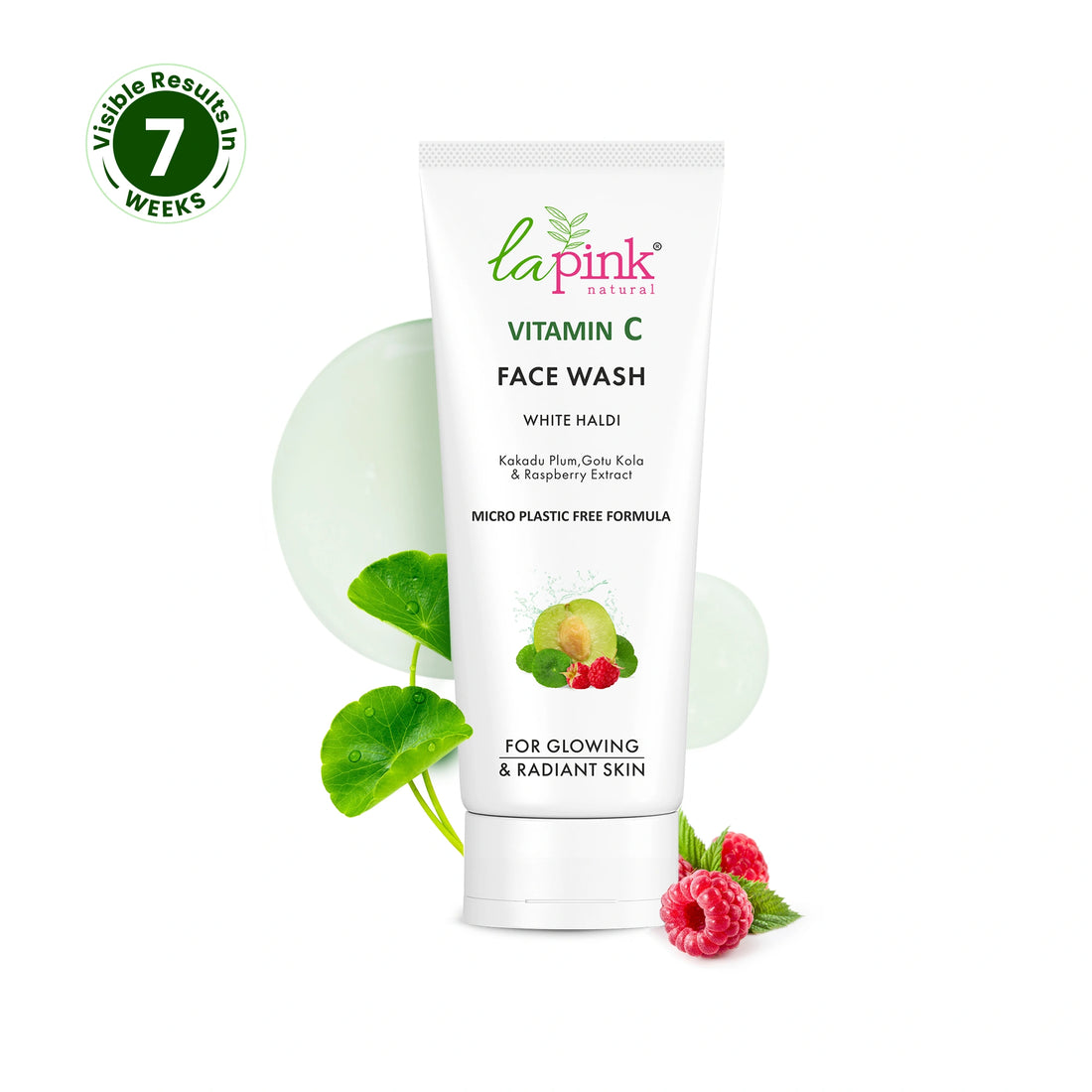Skincare Benefits of Algin
Algin is not just a texture-enhancer; it’s a skin-friendly, plant-based ingredient with several restorative and conditioning benefits. Here's how it supports skin and enhances product performance:
Hydrates and Locks in Moisture
Algin has a unique capacity to absorb and retain water. When applied to the skin, it forms a light film that helps prevent transepidermal water loss (TEWL), making it highly effective in hydrating dry or dehydrated skin. This makes it particularly useful in sheet masks, hydrating serums, and cream-based moisturizers.
Its ability to hold up to 200–300 times its weight in water makes it comparable to humectants like hyaluronic acid, though with a more soothing, film-forming effect.
Soothes and Calms Irritated Skin
Due to its natural origin and anti-inflammatory potential, Algin helps calm redness, irritation, and sensitivity. It’s ideal for post-sun, post-treatment, or post-exfoliation care where the skin barrier needs additional support.
When used with soothing botanicals like aloe vera, chamomile, or allantoin, Algin enhances their delivery while acting as a protective barrier.
Gently Detoxifies the Skin
Algin is known for its mild detoxifying effects. It helps draw out impurities from the pores without being overly drying or abrasive. This is why it’s a common base ingredient in peel-off masks and marine-based face treatments. It refreshes the skin without stripping its natural oils, perfect for those with combination or reactive skin types.
Improves Product Consistency and Spreadability
From a formulation standpoint, Algin helps maintain product viscosity and prevents separation. It imparts a silky, gel-like consistency that feels smooth and non-sticky upon application. This not only elevates the user experience but also enhances the even distribution of active ingredients across the skin.
Algin also contributes to the formulation’s shelf stability, which is especially valuable in preservative-light, natural products.
Why Choose Microplastic-Free Formulations with Algin?
Many skincare and personal care products still contain synthetic polymers and microplastics for stability and texture. While these may temporarily enhance product feel, they create an artificial barrier on the skin, potentially clogging pores and reducing the efficacy of beneficial actives.
Microplastics are also non-biodegradable, polluting oceans and harming marine ecosystems. Algin, being seaweed-derived and biodegradable, offers a planet-friendly and skin-safe alternative. It performs similar functions as synthetic thickeners, enhancing texture, hydration, and product integrity, without introducing harmful residues.
Choosing skincare made with Algin not only supports healthy skin but also reflects conscious consumerism and sustainable formulation practices.
How Is Algin Used in Skincare Products?
Algin is typically used in concentrations ranging from 0.5% to 5%, depending on the product type and function. It is compatible with a wide range of cosmetic ingredients and works well in both water-based and emulsion-based formulas.
Here’s where you’ll most commonly find Algin:
- Face Masks (gel, peel-off, and sheet): For hydration, detox, and texture
- Moisturizers and Creams: As a stabilizer and water-binding agent
- Cleansers and Exfoliators: To maintain smooth texture and reduce skin stress
- Hair Care Products: In shampoos and scalp treatments for added slip and conditioning
Always conduct a patch test, especially if you have seaweed or iodine sensitivities, although Algin is generally non-irritating and suitable for all skin types.
Conclusion
Algin is much more than a natural thickener. It's a moisture-binding, skin-soothing, and planet-safe ingredient that brings clean performance to your skincare routine. Whether you’re using a marine-based face mask or a microplastic-free hydrating cream, Algin supports product efficacy, enhances skin feel, and aligns with sustainable beauty practices.
With growing awareness around ocean-friendly skincare and ingredient transparency, Algin stands as a remarkable example of how nature can meet modern cosmetic needs, gracefully and responsibly.





















